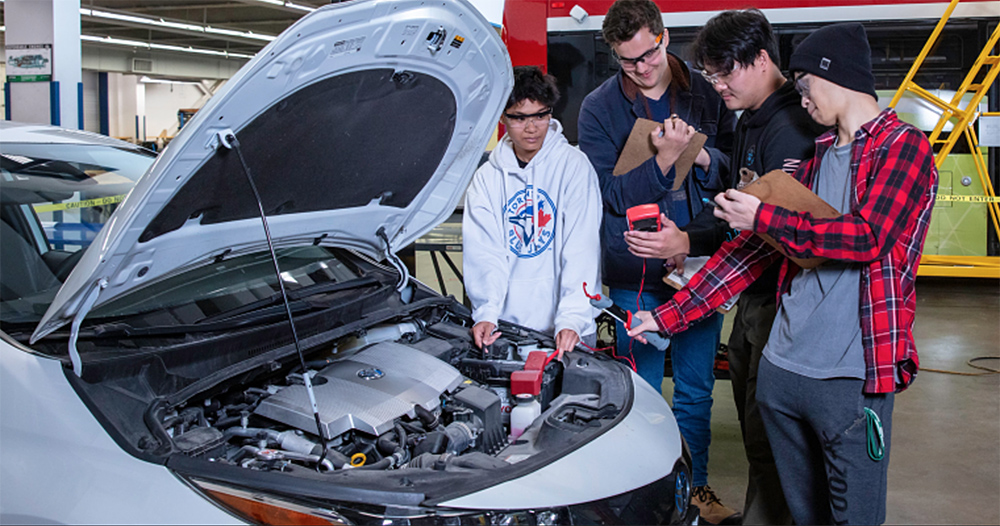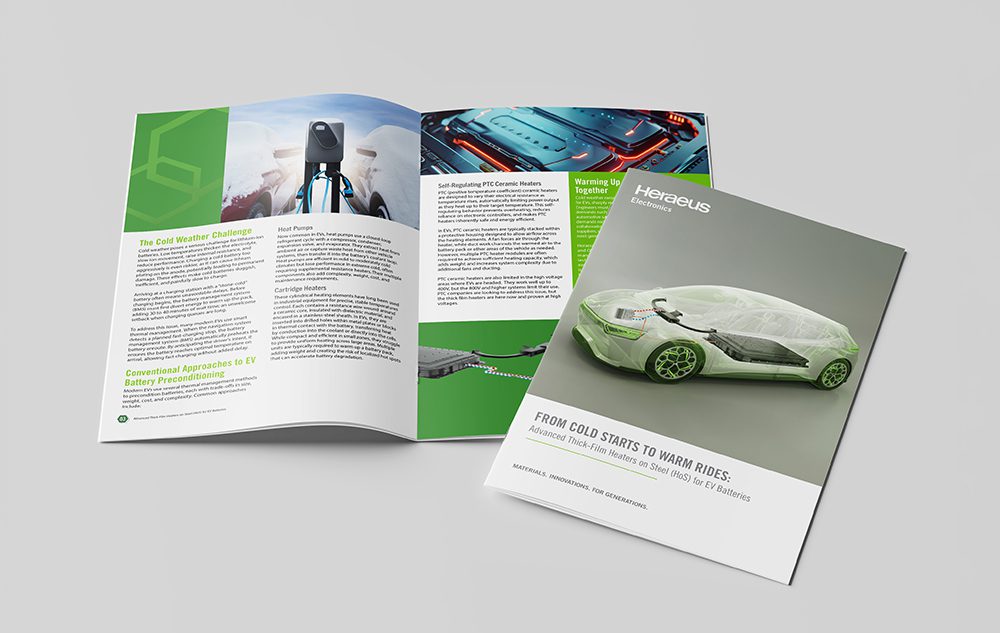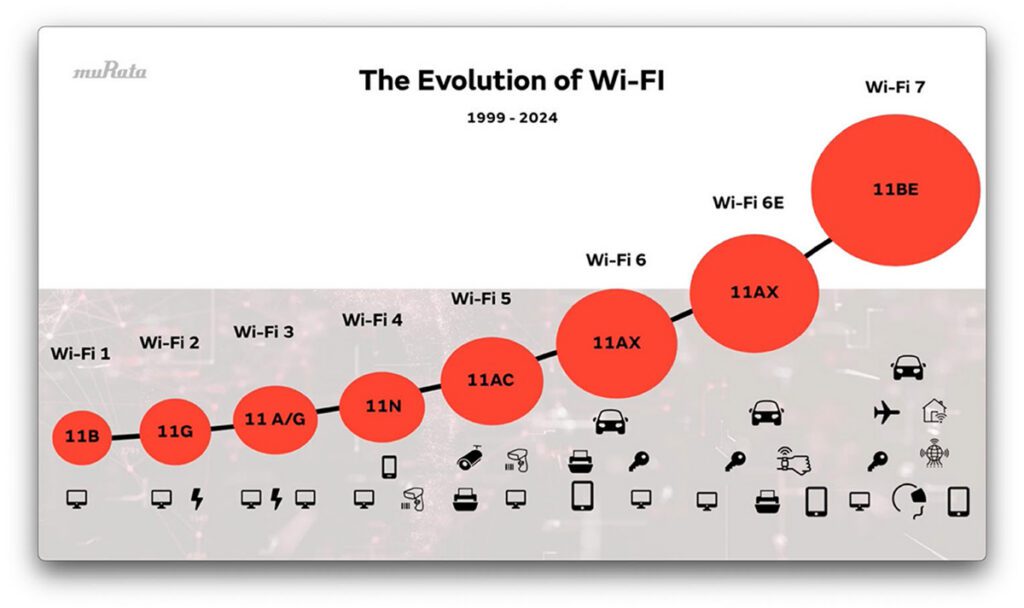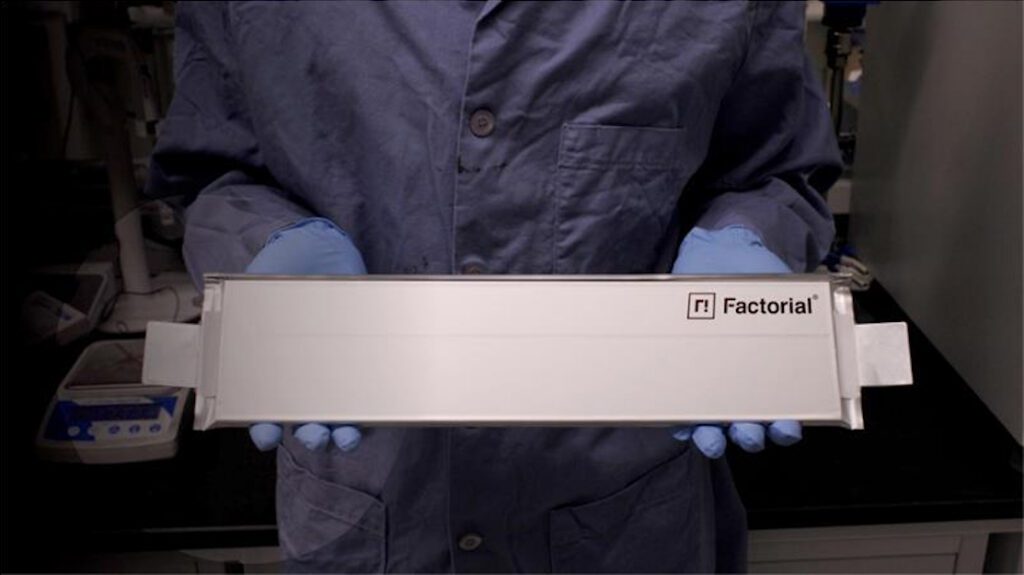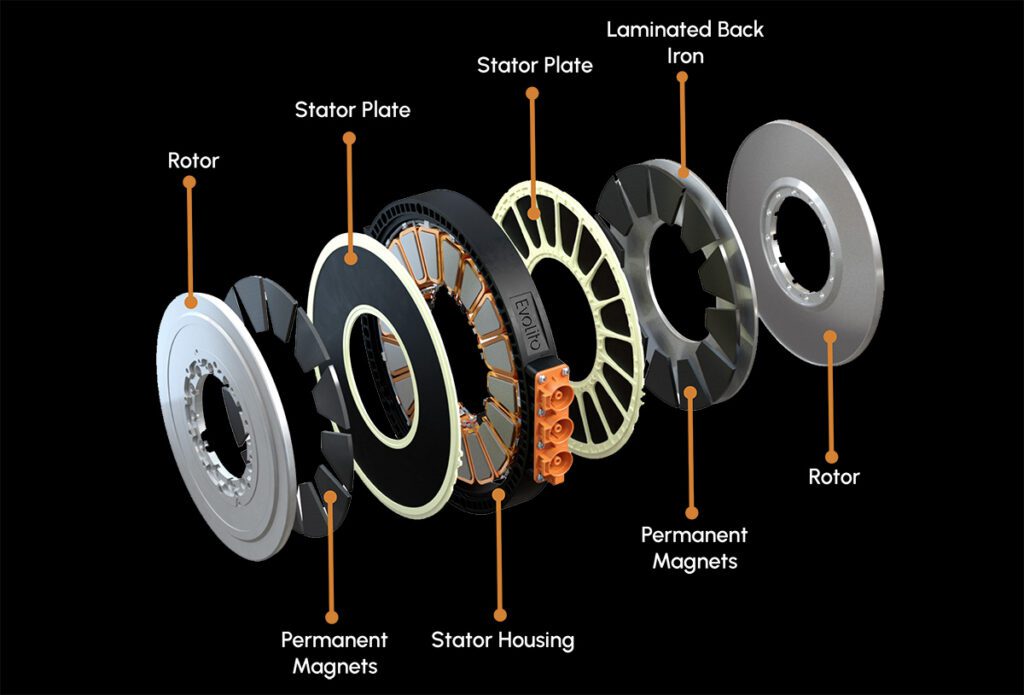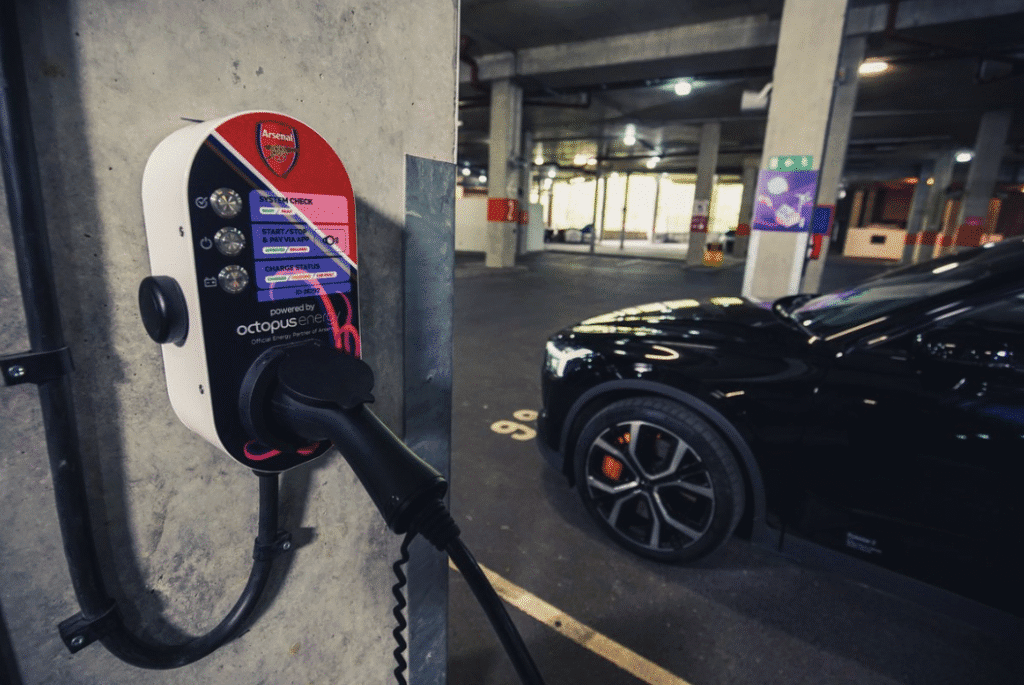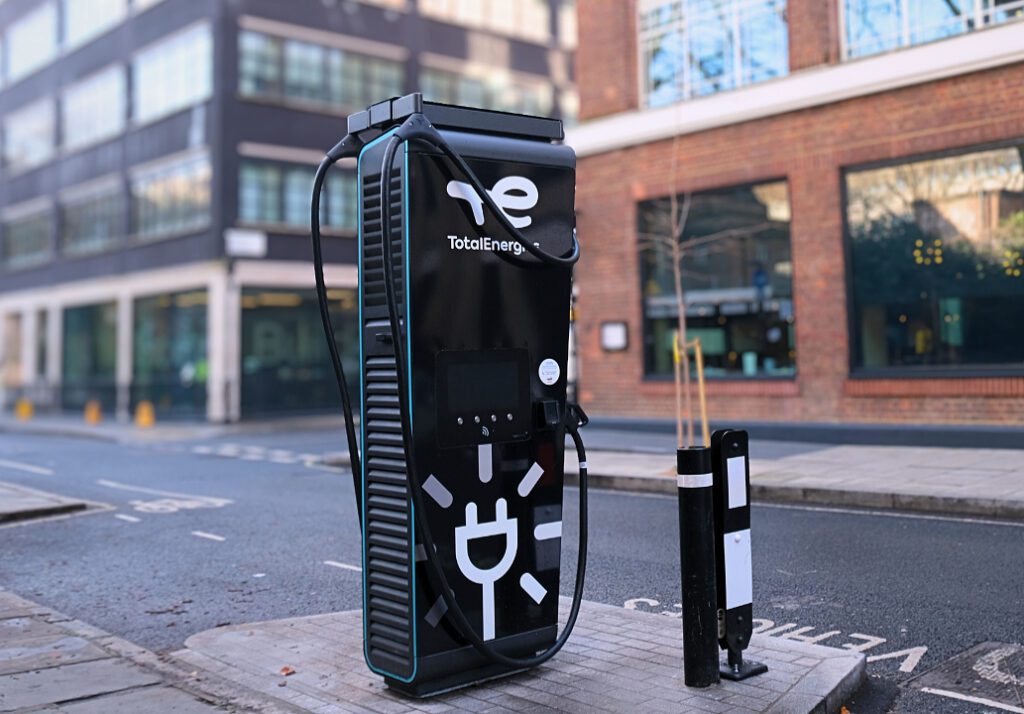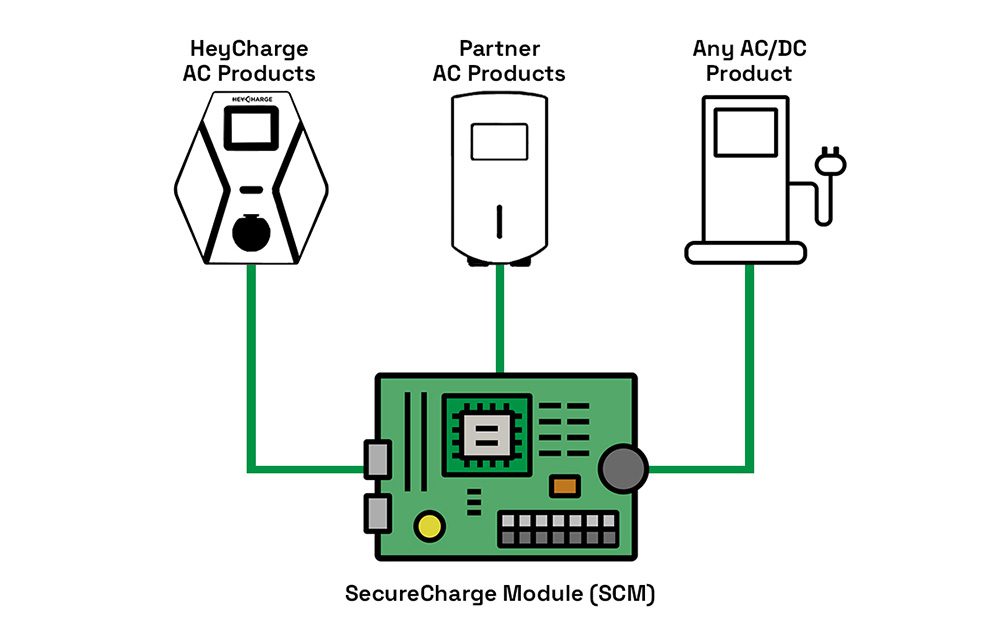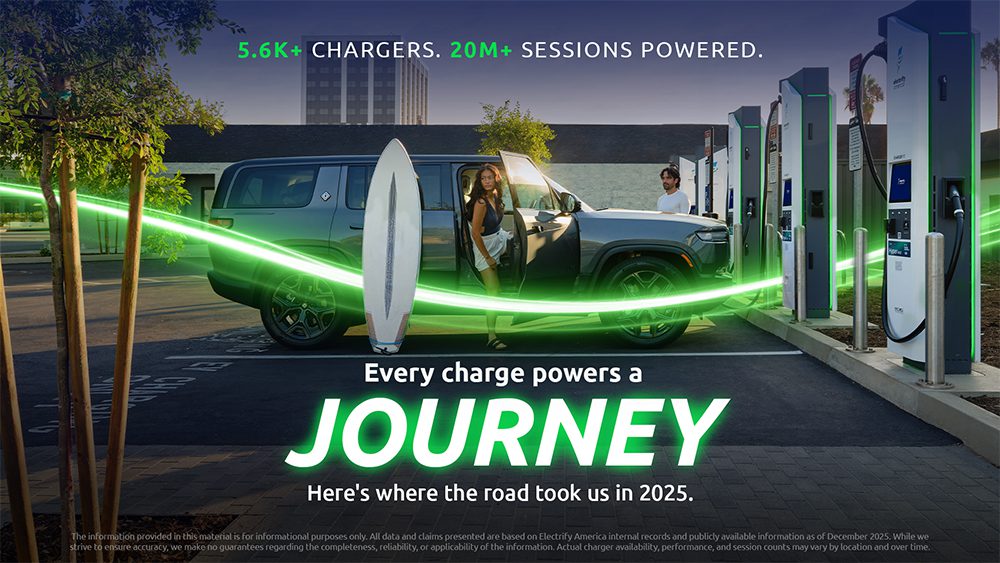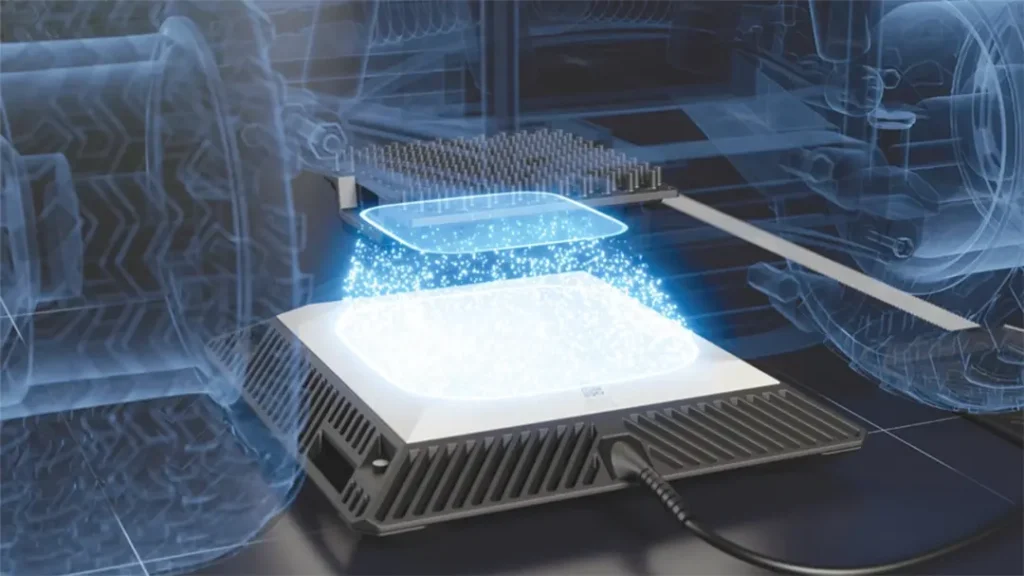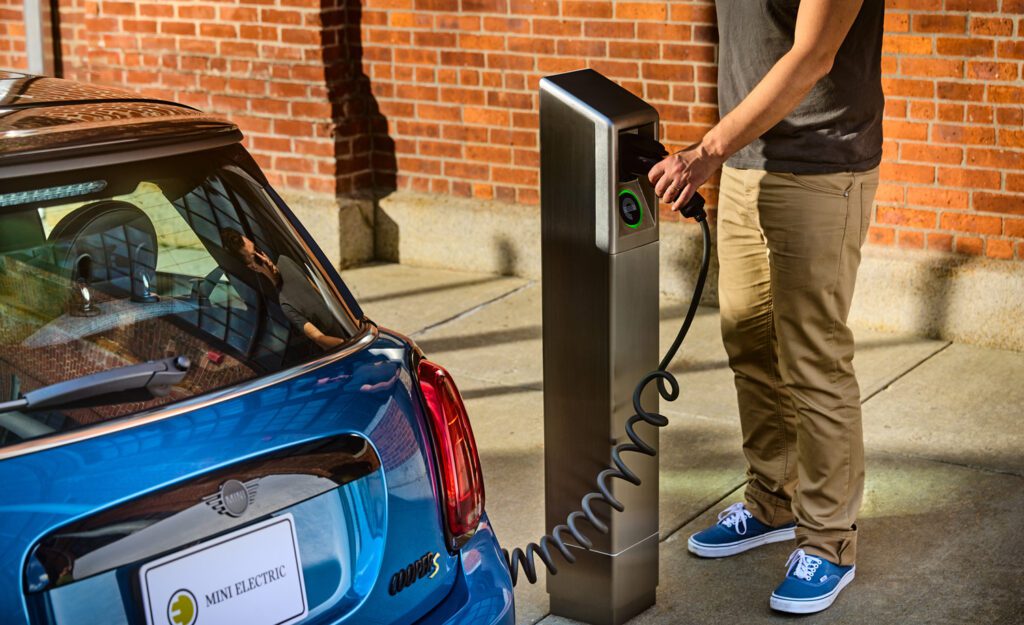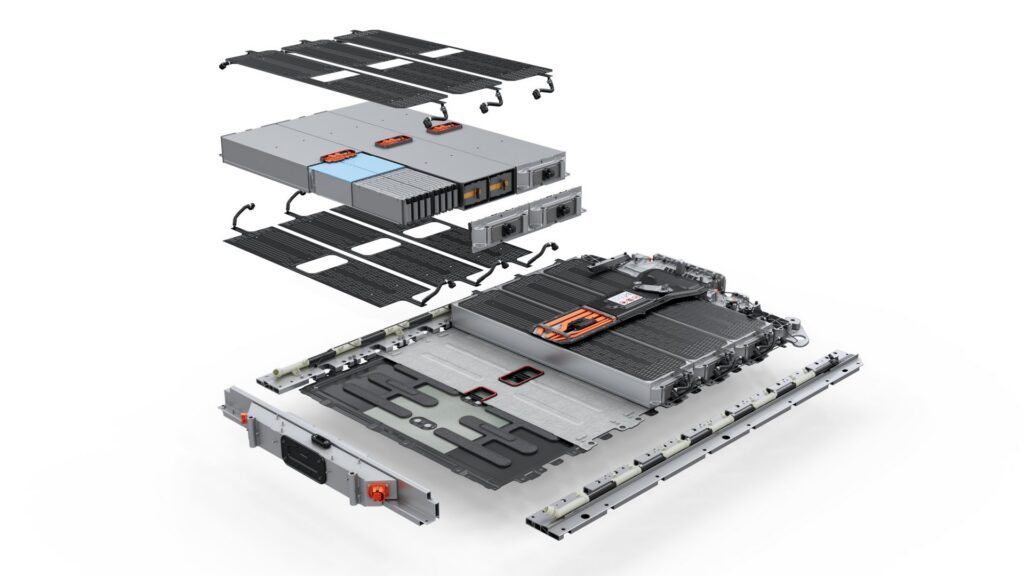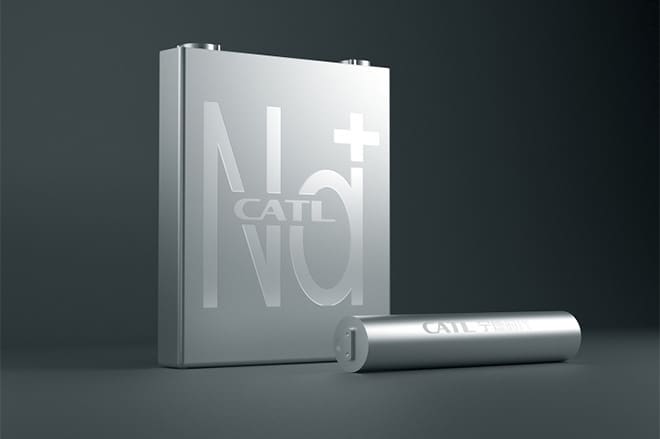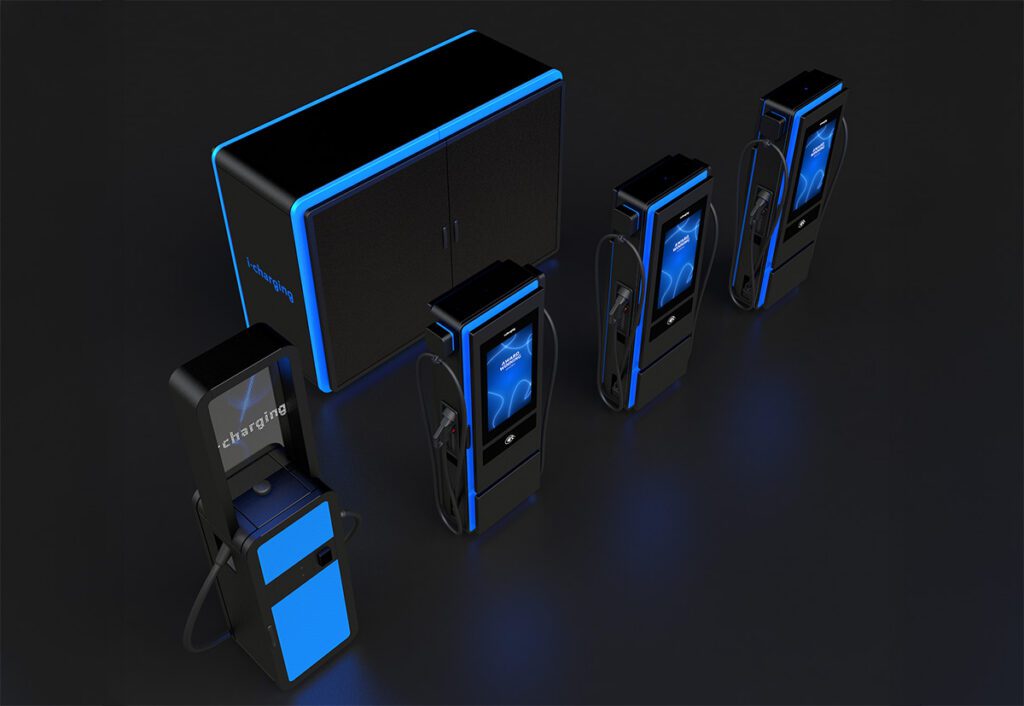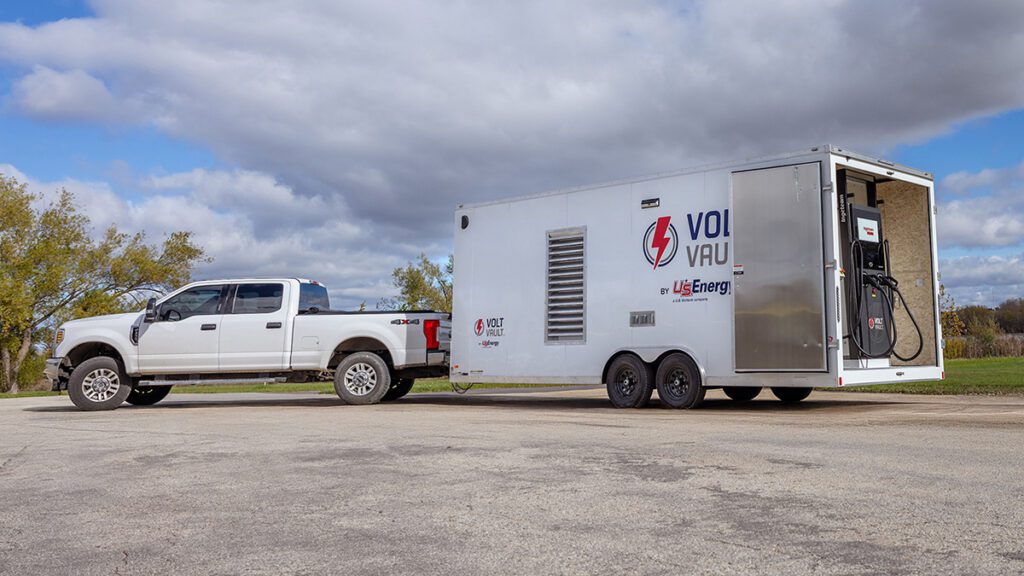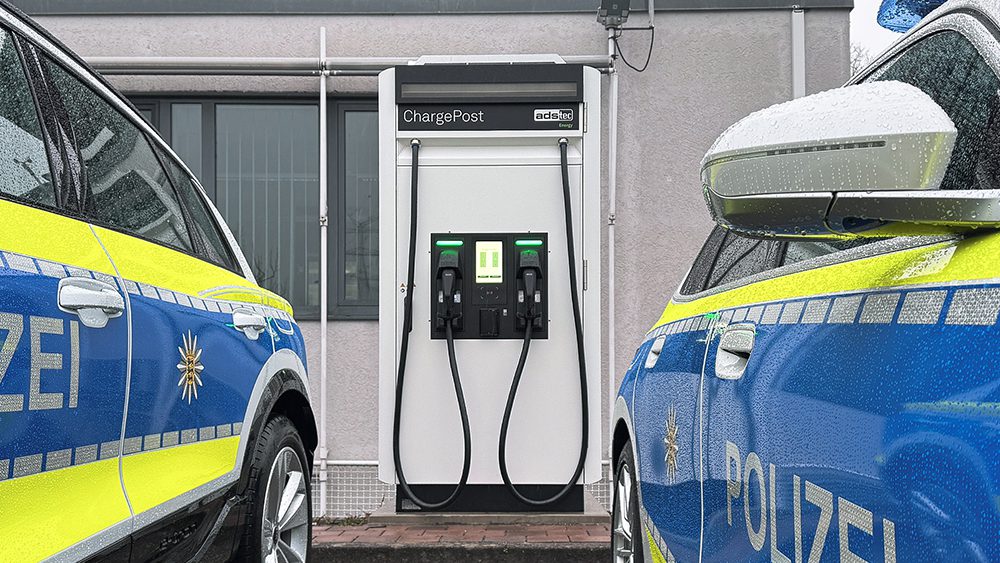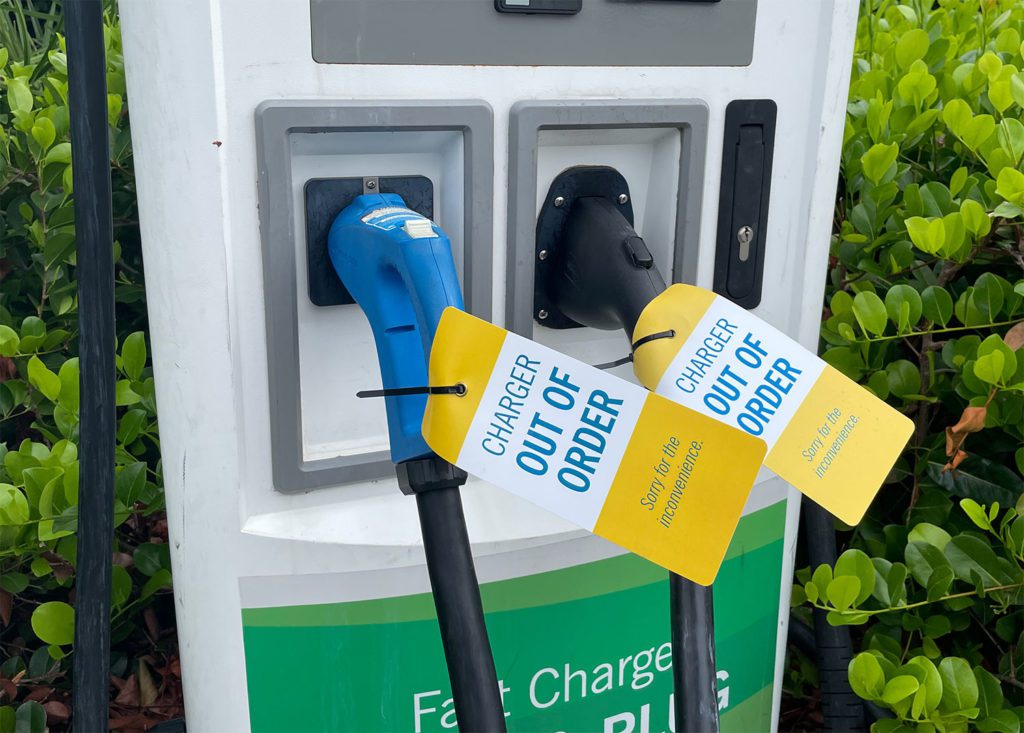Centennial College’s School of Transportation, which claims to be Canada’s largest on-site transportation training facility, will require students entering the Automotive-Motive Power Technician program to complete EV and hybrid vehicle training, as of the fall 2024 semester.
The Motive Power Technician two-year degree program covers a variety of topics necessary for students seeking a career in an increasingly computerized field. The course of study includes diagnosing, disassembling, analyzing and properly reassembling major automotive systems and components.
The School of Transportation has offered EV and hybrid training for 15 years, Centennial said, and the new requirement is meant to help the school keep up with the increasing demand for technicians with EV training.
“We are ensuring that new electric and hybrid vehicle technology is integrated with traditional vehicle systems in the classroom, just as it has been integrated together inside of today’s cars and trucks,” said Christopher Muir, a Continuing Education Professor in the School of Transportation. “We are building on the foundations of standard automotive training by teaching students how to work on high-voltage systems, covering everything from safety to software.”
Centennial College has a fleet of more than 12 EVs and hybrid vehicles with which students in the two-year Automotive-Motive Power Technician program can gain hands-on experience, including a 2018 Chevrolet Bolt, 2022 Toyota Prius and 2022 Ford F150 Lightning.
In addition to the Motive Power Technician program, Centennial College also offers six separate part-time continuing education courses for licensed technicians, including High Voltage Safety and Hybrid Vehicle Systems, Hybrid and Electrical Vehicle Introductory Overview, Batteries and Charging Systems, Inverters and Regenerative Braking, High Voltage Supporting Systems and Motor Operation and Diagnostics.
Source: Centennial College







